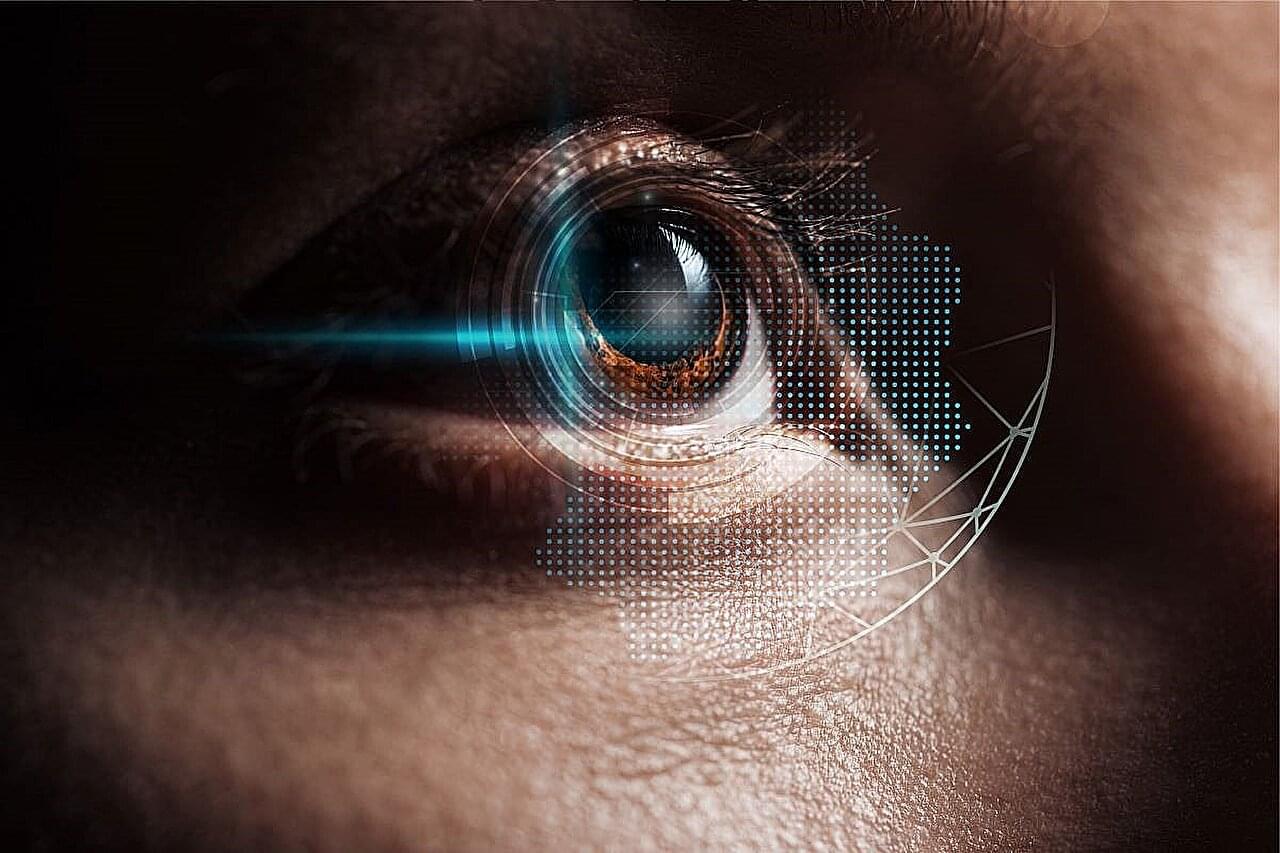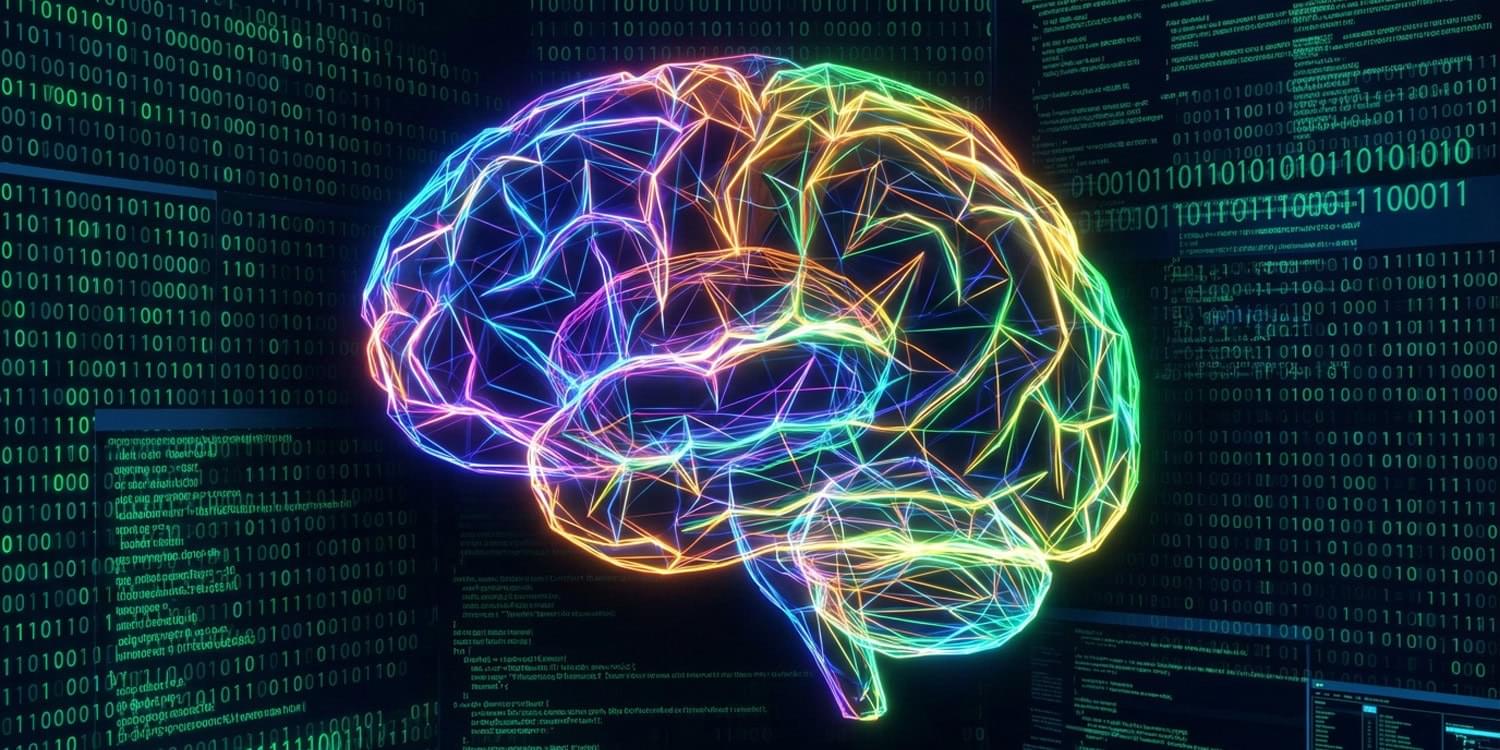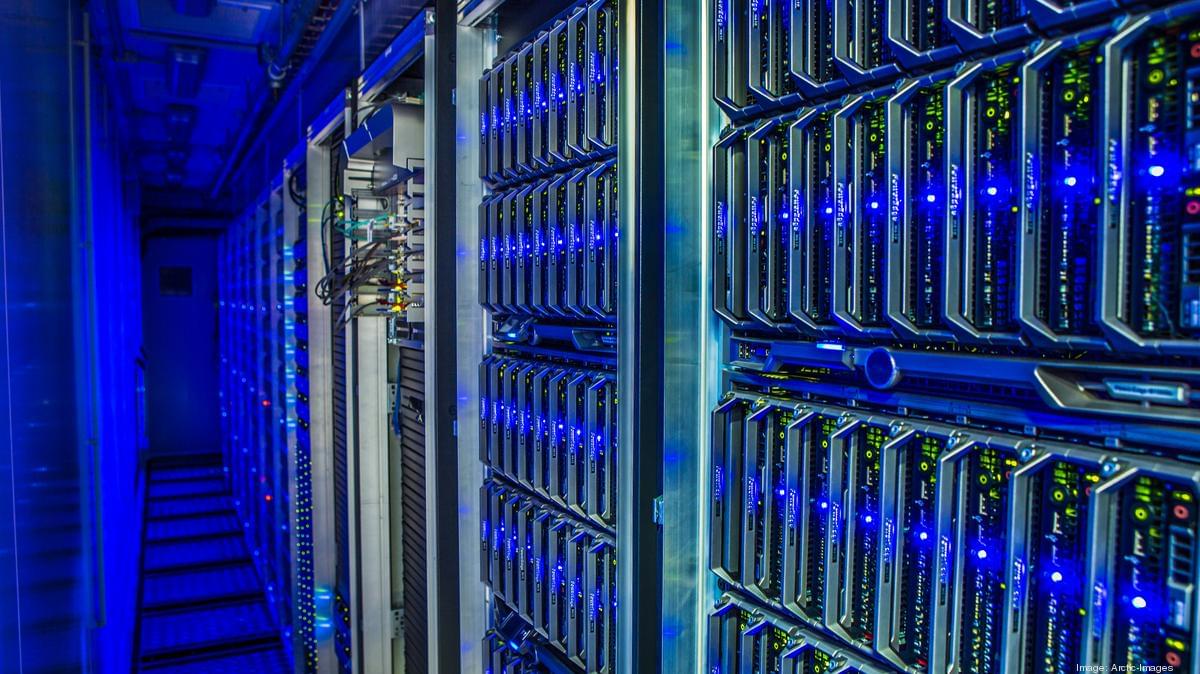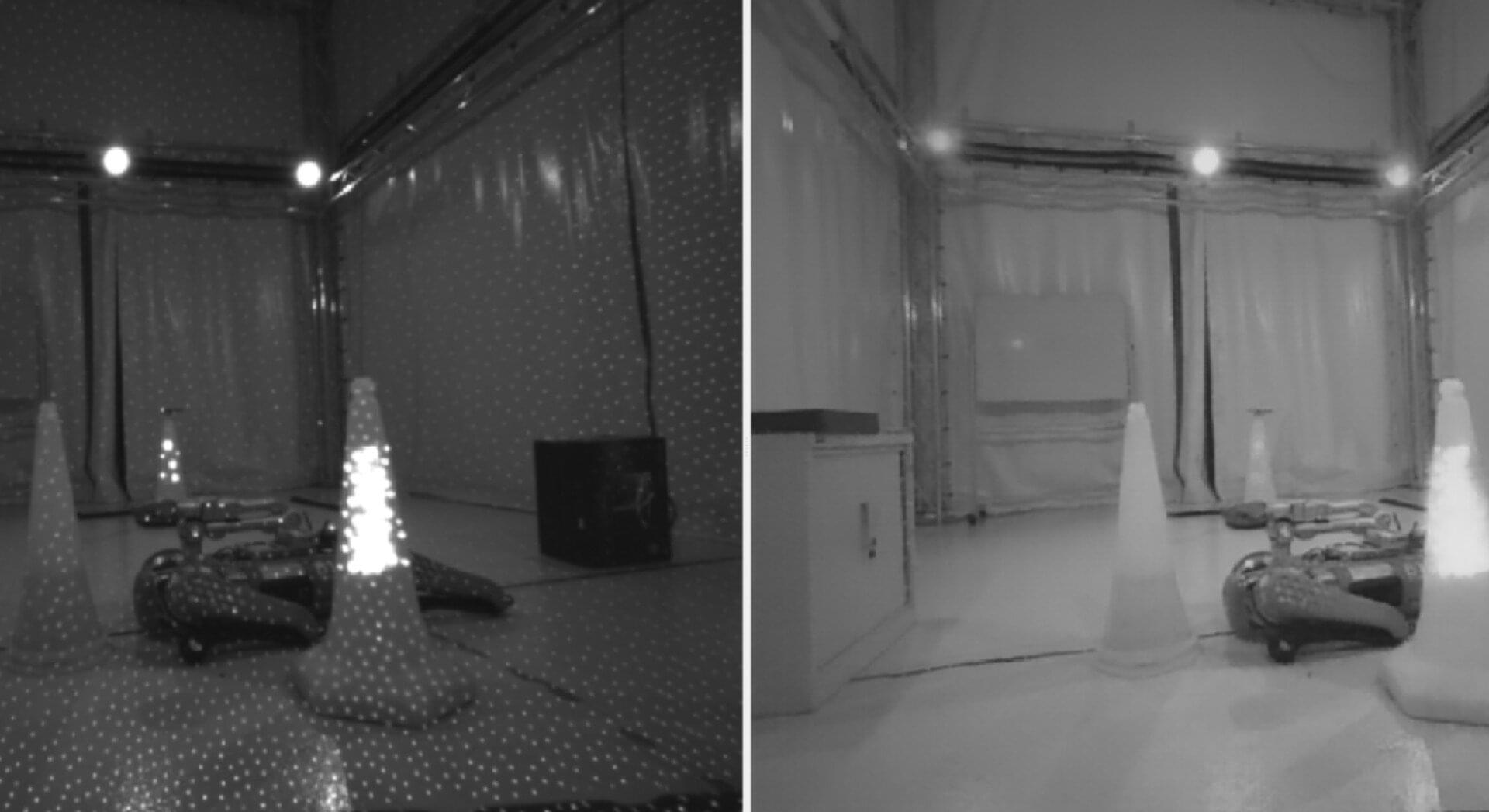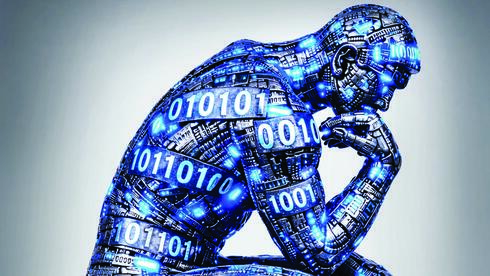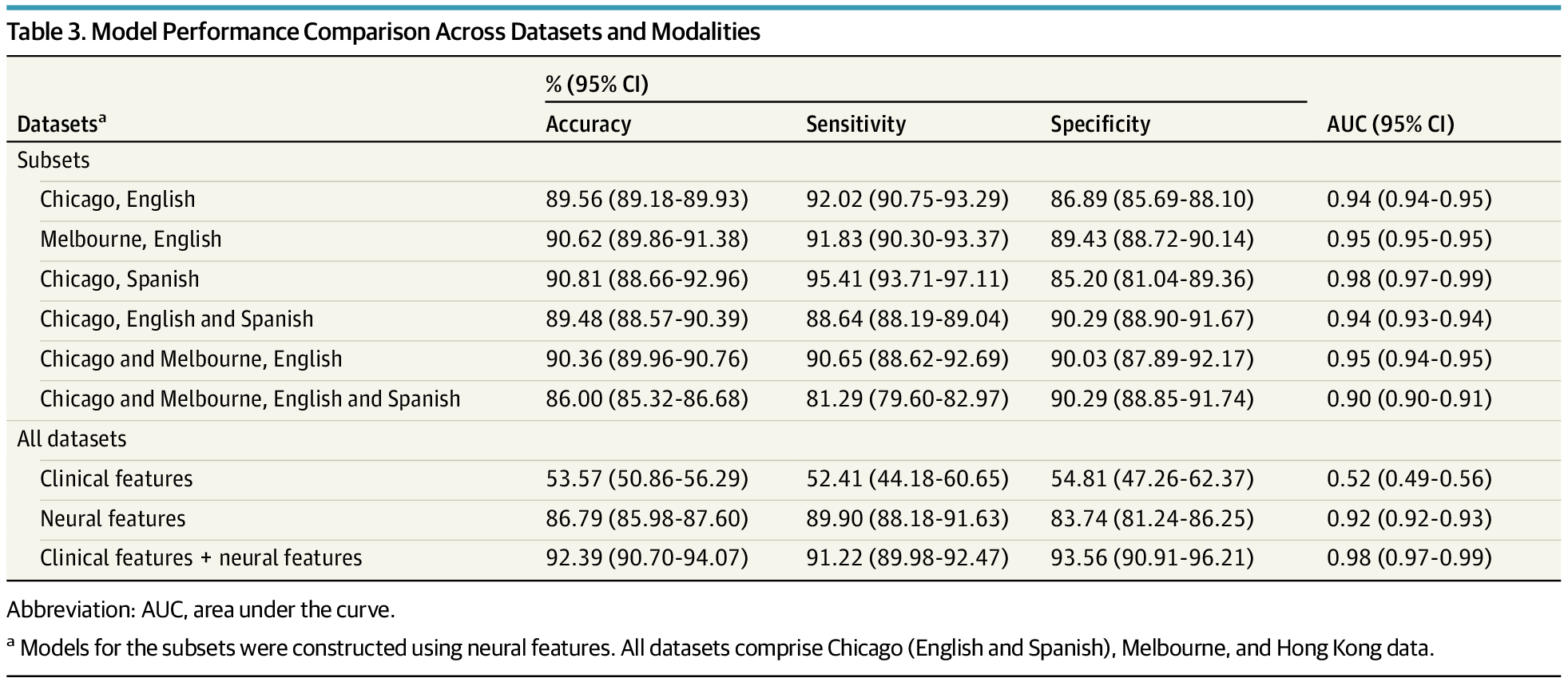The Pooled Cohort Equations (PCE) cardiovascular risk score stratifies risk for multiple ocular diseases, according to a study published online in Ophthalmology.
Deyu Sun, Ph.D., from the David Geffen School of Medicine at the University of California Los Angeles, and colleagues conducted a historical prospective cohort study using electronic health record data from the “All of Us” Research Program to examine whether the PCE cardiovascular risk score is associated with future age-related macular degeneration (AMD), glaucoma, diabetic retinopathy (DR), retinal vein occlusion (RVO), and hypertensive retinopathy (HTR).
A total of 35,909 adults aged 40 to 79 years with complete variables for PCE calculation within a six-month period were included in the study. Individual-level PCE score was classified into four risk categories.
